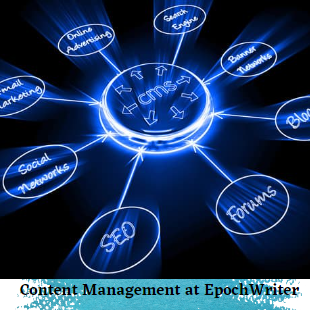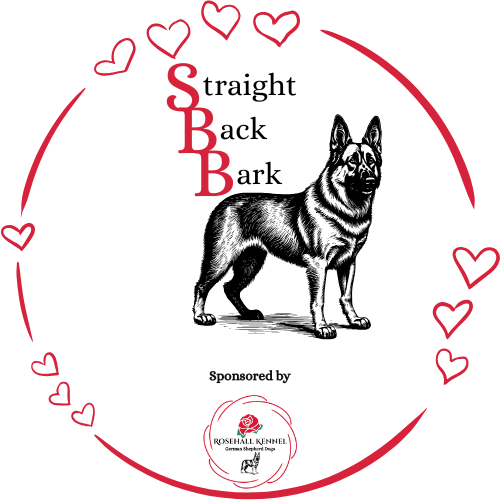EpochWriter Blogs
|
Businesses and individuals create blogs to get information to others, whether family and friends or potential customers and clients. A blog is a separate page on your website that provides informational content. If you are a business, you might blog about the services you provide, what your business does to help the community, or even about some of the products you use while providing services. If you are a manufacturer or a retail establishment, you could blog about the products you make or sell. |
 |
 |
How a Blog Post Helps Your SiteThe primary purpose of a blog is to provide potential customers and clients with information about your products and / or services. However, the secondary purpose of a blog is to help your site rank higher on Google and other search engines. If a potential customer or client stumbles on your blog post about how child support works, he or she is more likely to click through to your site to learn more about child support and other services related to divorce that you provide. Professionally written blogs provide: Experience: Blog posts can showcase the experience your business has with providing specific products and services. Expertise: Show how much expertise you and your staff can provide to help a potential client. Authoritativeness: Use a blog to show that you are an authority in your field who can provide the best products and services. Trustworthiness: Finally, your blog can garner trust from potential clients. If someone reading your webpage and blog doesn’t trust you, that person will move on. Contact EpochWriter to discuss a marketing plan that best fits your business. |
Making Blogs CountEpochWriter makes your blogs count. The content writer uses the information you provide about your business to target a specific audience. When you choose EpochWriter’s content management services, the writer also brainstorms content ideas, creates a strategy to target customers and search engines, and creates an editorial calendar. You can also choose your own titles and request blogs as you need them. Your target audience is people who most likely use your services or products. Brainstorming content ideas means coming up with content that is relevant to your products and / or services and creating a plan to make that content consistent and high in quality so readers and search engines will hit on it. |
 |
 |
Types of Blog PostsYears ago, most blog posts were about 500 words. While many people still use these short-form blog posts, many find they have better search engine results by posting long-form blog posts, which are 1,500 to 7,500 words, depending on the content. EpochWriter provides long-form and short-form blog posts. Each blog contains information relevant to the searcher’s needs. The blog also contains keywords to help the search engines put the blog at or near the top of the search pages. The way you set up your site, including using SEO, also determines the placement of your site on the search engines. Contact EpochWriter to discuss a marketing plan that best fits your business. |
Blog ContentBlog posts must be relevant to what services and / or products you sell on your website. You won’t want to write blogs about pool cleaning if you have a cooking blog. EpochWriter provides content for several types of businesses, including:
|
 |
Contact EpochWriter for Weekly Blogs
When people need more information about a product or service, they search the internet, as it’s the easiest way to find that information. Blogs should contain unique content to draw potential customers to your site. Keywords help those potential customers find your blogs.
The potential customer clicks links on your blog to learn more about your products and / or services. If the information is presented in a manner that the potential customer is satisfied that you have the experience and expertise, you are an authority in your field and feels that he or she can trust your business, then you have a customer if the price is right.
Download EpochWriter’s business questionnaire to start the ordering process for weekly, bi-weekly, daily, or monthly blogs for your website.

























